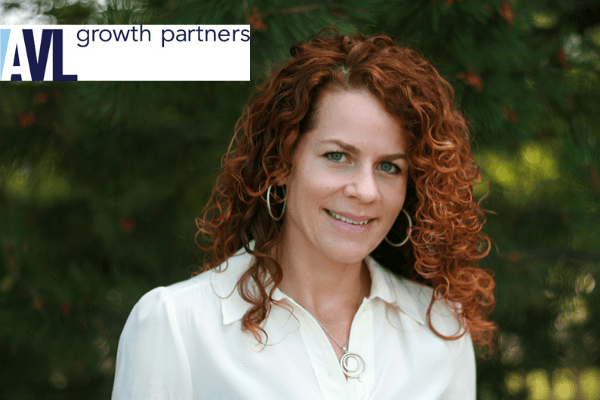Subscribe: Apple Podcasts | Spotify | Amazon Music | iHeartRadio | RSS | More
In Edible-Alpha® podcast #65, Tera interviews Heidi Huntington, vice president of finance at AVL Growth Partners in Boulder, Colorado, which lends finance and operations expertise to rapidly growing small and midsize companies. Heidi works with food-industry clients on everything from cash-flow reporting and forecasting to revenue-growth planning to debt and equity strategy. Knowing finance isn’t most food entrepreneurs’ forte, Tera asked her onto the podcast to discuss financial strategies for building and scaling successful companies—both in normal times and amidst the upheaval caused by COVID-19.
Heidi started by explaining the various finance-related roles within businesses, including chief financial officer, controller, accountant and bookkeeper. Although many early-stage companies aren’t ready to or can’t afford to fill every position full-time—or they’re based in a small town or rural area where it can be tough to find talent—they can seek outside help, such as AVL Growth Partners, to support these needs.
Having a firm grip on finances is vital as businesses attempt to scale. Heidi helps companies fine-tune their baseline assumptions of revenue and growth trajectory by walking through their P&Ls and dissecting how, when and why cash flows in and out of the business. Oftentimes, companies have less cash on hand than they realize. Because even when products are selling, it can take months for that money to show up in their account, yet they must keep spending cash to manufacture products and fill orders.
Heidi said these exercises are an eye-opener for many entrepreneurs and that they inform which types of distribution opportunities a company can actually handle at its current stage. They also reveal how much money the business really needs to raise from outside investors when the time comes. Knowing this number is crucial, because either raising too much or raising too little capital can come back to bite a growing food brand.
Next, Tera and Heidi discussed some specific costs food companies have, which vary depending on distribution model. Brick-and-mortar, ecommerce via Amazon and ecommerce via a brand’s own website each have their own nuances and timelines for sales converting to cash. They also delved into the differences between debt and equity and discussed why debt, if acquired strategically, can actually be an asset, not a black mark, when courting outside capital. Finally, they talk about why businesses need an operating line of credit to help them weather downturns and unpredictable circumstances such as a global pandemic.
No matter their level of financial savvy, food entrepreneurs will take away key insights from this podcast to help them stay on a healthy track now and in the future.

